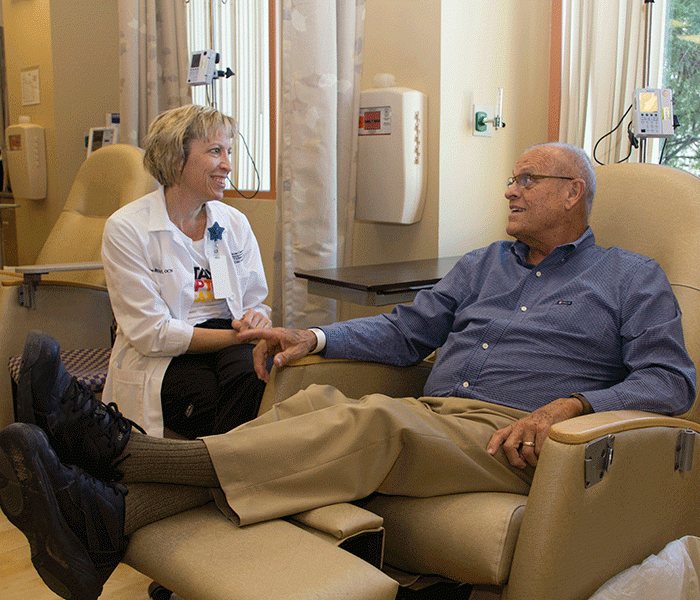Mistakes happen. Unfortunately, there’s no avoiding it, no one is above it, and I'm sure we can all think of a time that we made a mistake in our nursing practice. The events following a mistake in patient care can be chaotic and emotional. But after the dust settles, what’s most important is learning how to avoid the same mistakes from occurring again, and doing all you can to prevent your fellow nurses from making mistakes in a similar situation. Think of it as primary prevention.
Let's consider for one moment the two most common causes of death in the adult population–heart disease and cancer. Nurses are constantly advocating and promoting primary prevention of these two diseases. "Eat healthy foods, exercise daily, quit tobacco products, get your mammograms and colonoscopies"—they’re practically engrained into our daily vernacular.
The Institute of Medicine, recently renamed the Health and Medicine Division, published the report To Err is Human, stating that medical errors have a significant impact on the death rate in the United States. Errors resulting in death may range from surgical complications to errors surrounding medication types and dosages. The National Patient Safety Foundation released a follow-up report that showed there’s still more work to be done to protect patients from harm.
I'd challenge the conversation around the prevention of medical errors to go one step further. In Vice President Biden's Cancer Moonshot Initiative, he emphasizes the importance of cancer providers engaging in data sharing to facilitate the translation of clinical trial data into clinical practice, and to facilitate global learnings from clinical practice. Sharing past errors in medical and nursing care—along with the systematic changes implemented as a result of these errors—on a national level may have an even larger impact on preventing the same error from occurring not just within the walls of your practice center, but potentially others as well.
In my clinical experience, I've learned that if a mistake can happen once, it can happen again. Reflection on your clinical practice to identify if anything in your personal practice or work environment led to the error is an important part of the process. Likewise, it’s important to consider if there were any system-related factors that could have contributed to or prevented the error. For example, consider if your practice center stores vinca alkaloids in the same location as intrathecal medications.
We, as nurses, also need to think proactively about current practices and opportunities for error and harm before a mistake occurs. While mistakes happen, the implications of those errors are only worsened when we are ashamed of them, hide them, try to minimize them, and let them define us as nurses.
It’s important to learn from them, and help others learn from your mistakes as well. Advocate for system-wide analyses of procedures that may leave practitioners vulnerable to errors. Be involved with policy changes to prevent errors from occurring again. And, just as importantly, share your stories. Consider how others' mistakes could very well have happened to you, and acknowledge needed practice changes. Then, we may see a coinciding reduction in medical errors just like cancer prevention and screening procedures have led to early detection impact on cancer-related mortality.






